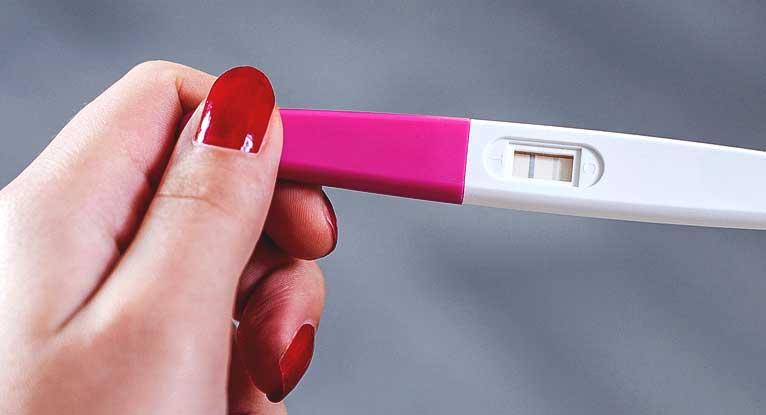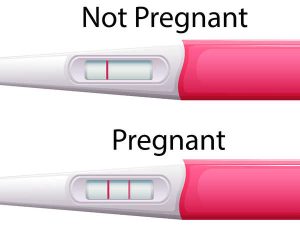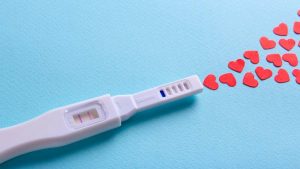If you are a woman who is trying to conceive, planning, or just curious about your reproductive health, you may have wondered about your hormone levels and how they affect your fertility. Hormones are chemical messengers that regulate many aspects of your body, including your menstrual cycle, ovulation, egg quality, and pregnancy outcomes. Hormonal imbalances can cause symptoms such as irregular periods, hair loss, weight gain, fatigue, and more. They can also interfere with your ability to get pregnant or maintain a healthy pregnancy.
Fortunately, there are ways to test your hormone levels at home using fertility test kits. These kits are designed to measure specific hormones in your blood or urine that play a role in your reproductive health. Some of the most common hormones that are tested include:
– Estradiol: This is the main form of estrogen, which is responsible for ovulation and normal function of the breasts, vagina, and uterus. Estradiol levels vary throughout the menstrual cycle and decline after menopause.
– Luteinizing hormone (LH): This is a hormone that triggers ovulation and stimulates the production of progesterone. LH levels surge around the time of ovulation and can be detected using ovulation predictor kits.
– Follicle-stimulating hormone (FSH): This is a hormone that stimulates the growth and maturation of ovarian follicles, which contain eggs. FSH levels can indicate how many eggs you have left (ovarian reserve) and whether you are approaching menopause.
– Progesterone: This is a hormone that prepares the lining of the uterus for implantation and supports early pregnancy. Progesterone levels rise after ovulation and drop before menstruation.
– Thyroid-stimulating hormone (TSH): This is a hormone that regulates the function of the thyroid gland, which produces hormones that affect metabolism, energy, mood, and more. Thyroid disorders can affect fertility and pregnancy outcomes.
– Testosterone: This is a hormone that is mainly produced by the ovaries and adrenal glands in women. It has various functions, such as maintaining muscle mass, bone density, libido, and mood. Too much or too little testosterone can cause hormonal imbalances and affect fertility.
By testing these hormones at home using fertility test kits, you can get a better understanding of your reproductive health and potential issues that may affect your fertility. For example, you can:
– Track your ovulation and identify your fertile window using LH tests
– Assess your ovarian reserve and menopausal status using FSH tests
– Confirm ovulation and monitor early pregnancy using progesterone tests
– Check for thyroid disorders that may affect fertility using TSH tests
– Detect polycystic ovary syndrome (PCOS) or other conditions that may cause excess or low testosterone using testosterone tests
Fertility test kits can provide you with valuable information that can help you make informed decisions about your family planning goals. However, they are not a substitute for professional medical advice or diagnosis. If you have any concerns about your hormone levels or fertility, you should consult with your doctor or a fertility specialist who can perform more comprehensive tests and offer personalized treatment options.
Fertility test kits are easy to use, affordable, and convenient. You can order them online and perform them at home at your own pace and privacy. You can also share your results with your partner or doctor if you wish. Fertility test kits can help you take charge of your reproductive health and empower you to achieve your fertility goals.





